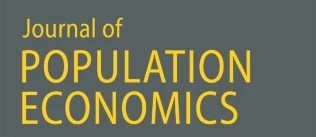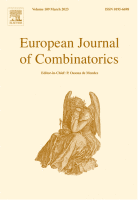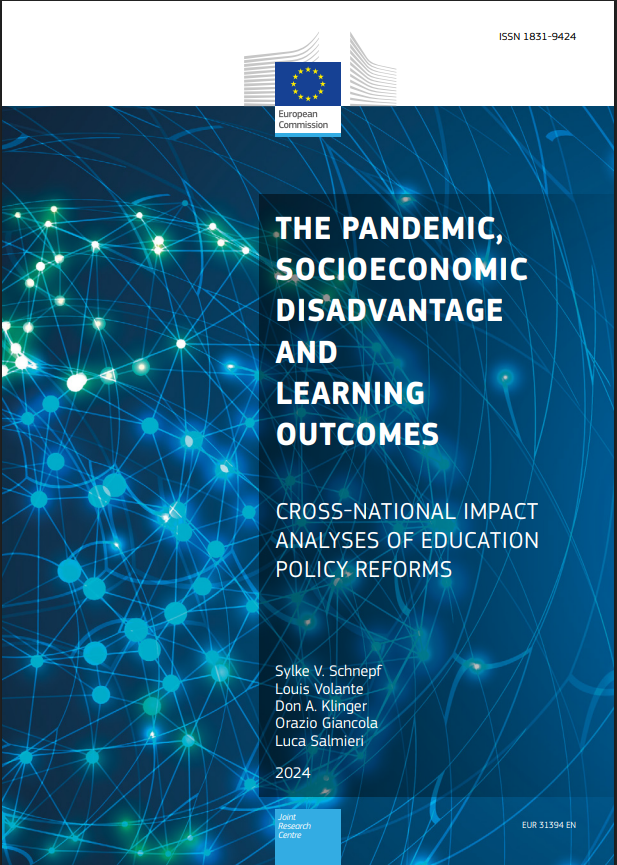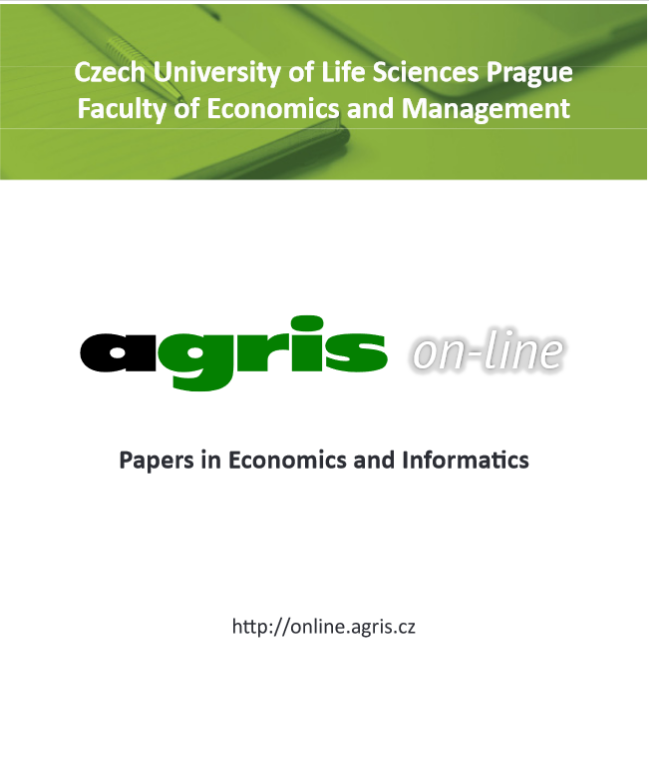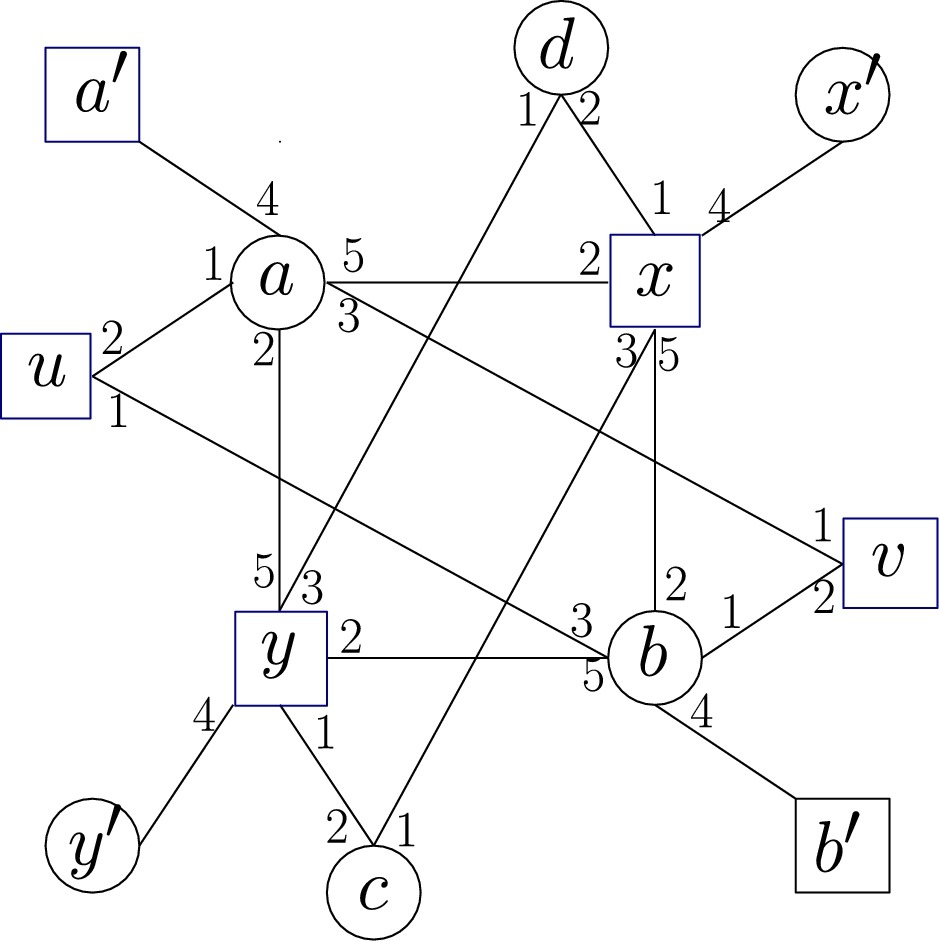It is well established that boys perceive themselves to be better in mathematics than girls, even when their ability is the same. We examine the drivers of the gender gap in self-assessed mathematics ability using a longitudinal study of twins. Using measures of individual self-assessment in mathematics from childhood, along with mathematics levels and test scores, cognitive skills, parent and teacher mathematics assessments, and characteristics of their families and siblings, we examine potential channels of the gender gap. Our results confirm that objective mathematics abilities only explain a small share of the gender gap in self-assessed mathematics abilities, and the gap is even
Authors: Anna Adamecz - John Jerrim - Jean-Baptiste Pingault - Nikki Shure
Publication Year: 2025
Year of publication: 2025



